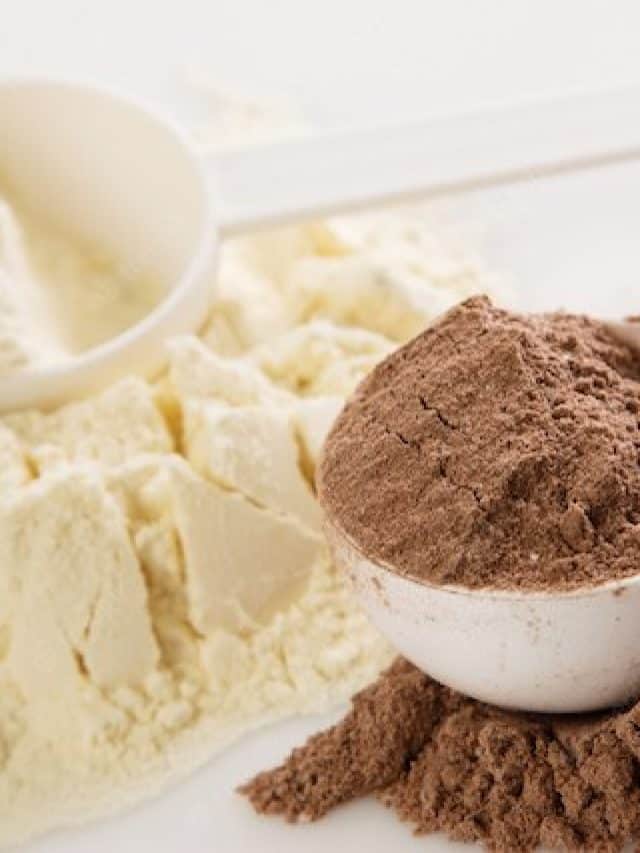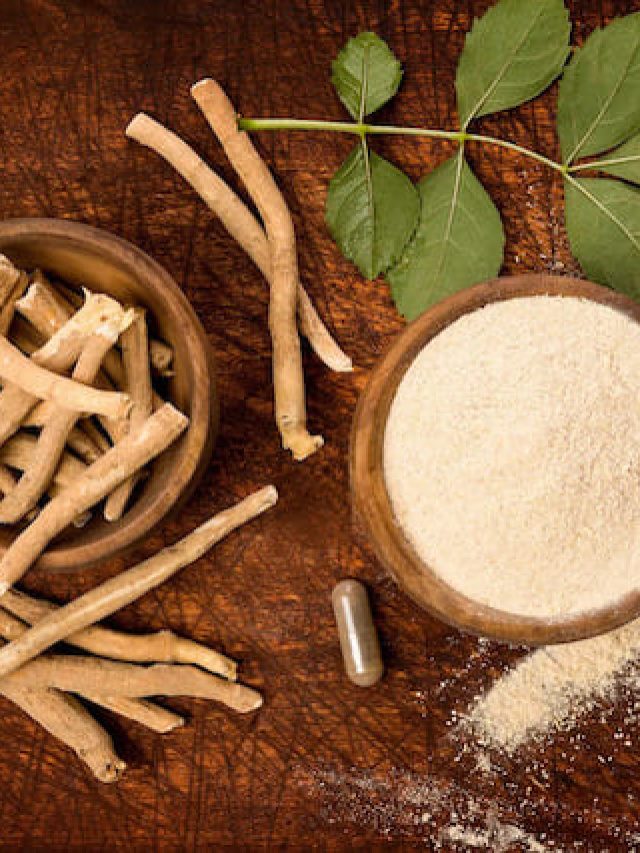High blood pressure (hypertension) is often thought of as a health issue that only affects older adults. But in reality, more and more young people are being diagnosed with elevated blood pressure. Studies show that early-onset hypertension is becoming increasingly common, and the risks are just as serious.
The problem is that high blood pressure rarely shows obvious symptoms. Many young adults may not even realize they have it until complications arise. If left unmanaged, it can damage the heart, kidneys, blood vessels, and even the brain—setting the stage for long-term health problems.
The good news is that with awareness, lifestyle changes, and proper care, young adults can keep their blood pressure in check and prevent future complications. This article explores why blood pressure matters at a young age, the causes, warning signs, and effective strategies to manage it.
Why Blood Pressure Matters in Youth
Blood pressure measures the force of blood pushing against artery walls as the heart pumps. A healthy level is typically below 120/80 mmHg. Anything higher may be considered elevated.
Here’s why managing it early is critical:
- Early damage: High blood pressure can quietly harm blood vessels and organs long before symptoms appear.
- Lifetime risk: Developing hypertension early increases the chances of heart disease, kidney failure, and stroke later in life.
- Preventive window: Young adults have the advantage of time—small changes today can prevent big health issues tomorrow.
- Healthy habits foundation: The routines you build in youth often shape your long-term health.
Common Causes of High Blood Pressure in Young Adults
Unhealthy Diet
- High sodium from junk food, fast food, and processed snacks.
- Excessive caffeine or energy drinks.
- Too much sugar and refined carbs.
Sedentary Lifestyle
Sitting for long hours at school, work, or gaming reduces cardiovascular fitness.
Stress
Academic, career, and social pressures increase stress hormones that elevate blood pressure.
Weight Gain
Carrying extra weight forces the heart to pump harder.
Smoking and Alcohol
Nicotine and alcohol both raise blood pressure and damage blood vessels.
Poor Sleep
Lack of quality rest, irregular sleep schedules, or sleep disorders like sleep apnea can raise risks.
Family History
Genetics plays a role, meaning some young people are predisposed to hypertension.
Early Warning Signs to Watch For
Although high blood pressure is usually silent, some people may notice:
- Persistent headaches
- Dizziness or faintness
- Chest discomfort
- Fatigue and poor focus
- Shortness of breath during light activity
- Disturbed sleep
These aren’t always present, but they should prompt you to check your blood pressure.
How to Manage Blood Pressure Naturally
1. Eat a Balanced, Heart-Friendly Diet
- Choose fresh fruits, vegetables, whole grains, lean proteins, and healthy fats.
- Limit salt intake—cut down on instant noodles, chips, and fast food.
- Boost potassium with bananas, spinach, sweet potatoes, and beans.
- Reduce sugary drinks and energy boosters.
2. Stay Active Daily
- Get at least 30 minutes of moderate exercise most days (walking, cycling, dancing, swimming).
- Add strength training twice a week.
- Small habits count: take stairs, stretch between work sessions, or do short walks after meals.
3. Manage Stress Wisely
- Try meditation, yoga, or deep breathing exercises.
- Engage in hobbies, sports, or creative activities.
- Spend time outdoors or with supportive friends.
4. Maintain a Healthy Weight
- Even a small weight loss can lower blood pressure.
- Focus on sustainable lifestyle changes rather than extreme diets.
5. Prioritize Good Sleep
- Aim for 7–9 hours of quality sleep.
- Avoid screens before bedtime.
- Keep a regular sleep schedule.
6. Avoid Smoking and Limit Alcohol
- Smoking immediately spikes blood pressure. Quitting makes a huge difference.
- Keep alcohol intake low and avoid binge drinking.
7. Monitor Regularly
- Check your blood pressure at home or during routine checkups.
- If consistently above 130/80 mmHg, seek medical advice.
Natural Supplements That Can Support Healthy Blood Pressure
(Always consult a healthcare provider before use.)
- Omega-3 fatty acids – support heart and vascular health.
- Magnesium – helps relax blood vessels.
- CoQ10 – supports energy production and circulation.
- Potassium-rich supplements – if diet alone isn’t enough.
When to See a Doctor
If you’re young and your readings are consistently high, don’t ignore them. A doctor may recommend tests to check for underlying issues like kidney problems, thyroid imbalances, or sleep apnea. Sometimes, medications are prescribed alongside lifestyle changes.
Final Thoughts
Managing blood pressure at a young age is not about fear—it’s about prevention. By taking simple, consistent steps today—like eating a balanced diet, exercising regularly, reducing stress, and getting quality sleep—you can avoid serious health problems later in life.
Blood pressure doesn’t have to be a problem for young people, but ignoring it can have lifelong consequences. Start now, and your future self will thank you.










